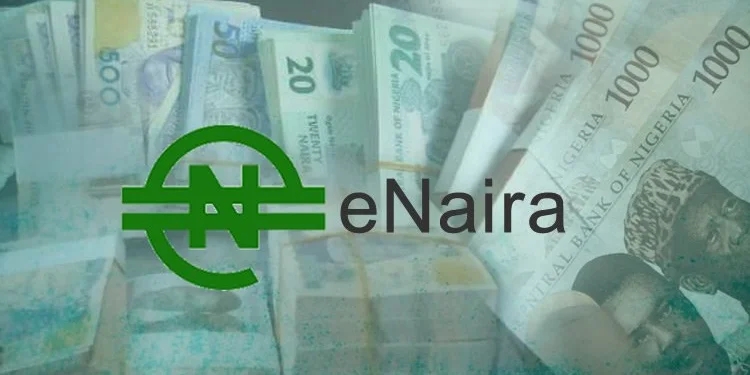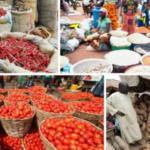Nigeria has been listed among the top three countries exploring a digital version of their currency. This is according to a report by the US based Atlantic Council.
The report, published earlier today, says a total of 134 countries are now exploring the Central Bank Digital Currency. This represents about 98% of the total Global GDP with 44 countries already in the pilot phase of the adoption.
A Central Bank digital currency is the digital equivalent of a country’s fiat currency that is also a claim on the Central Bank. In this case, the central bank issues electronic coins or accounts backed by the full faith and credit of the government rather than printing money.
Nigeria had adopted the digital version of its currency when the Central Bank unveiled the e-Naira in October 2021. With that, Nigeria became the first African nation to adopt a CBDC and second in the world after the Bahamas which launched “Sand Dollar”, in October 2020.
- Advertisement -
However, the e-Naira has struggled with low acceptance across Nigeria following a crackdown on crypto currencies and a recent spat between the government and Binance. In fact, the IMF in a recent report noted that the e-Naira struggled with “disappointingly low” public adoption, with only 1.5% of wallets engaging in transactions weekly.
In the meantime, to promote the wider use of the eNaira, the CBN and blockchain company Gluwa earlier this year signed a Memorandum of Understanding (MoU).
The partnership’s main goal, according to a statement from the blockchain company, was to use blockchain technology to promote financial innovation, increase financial inclusion, and improve eNaira functionality.
As a first step toward closer cooperation, Gluwa will integrate its Credal blockchain innovation directly with eNaira by becoming the official partner of the CBN.










